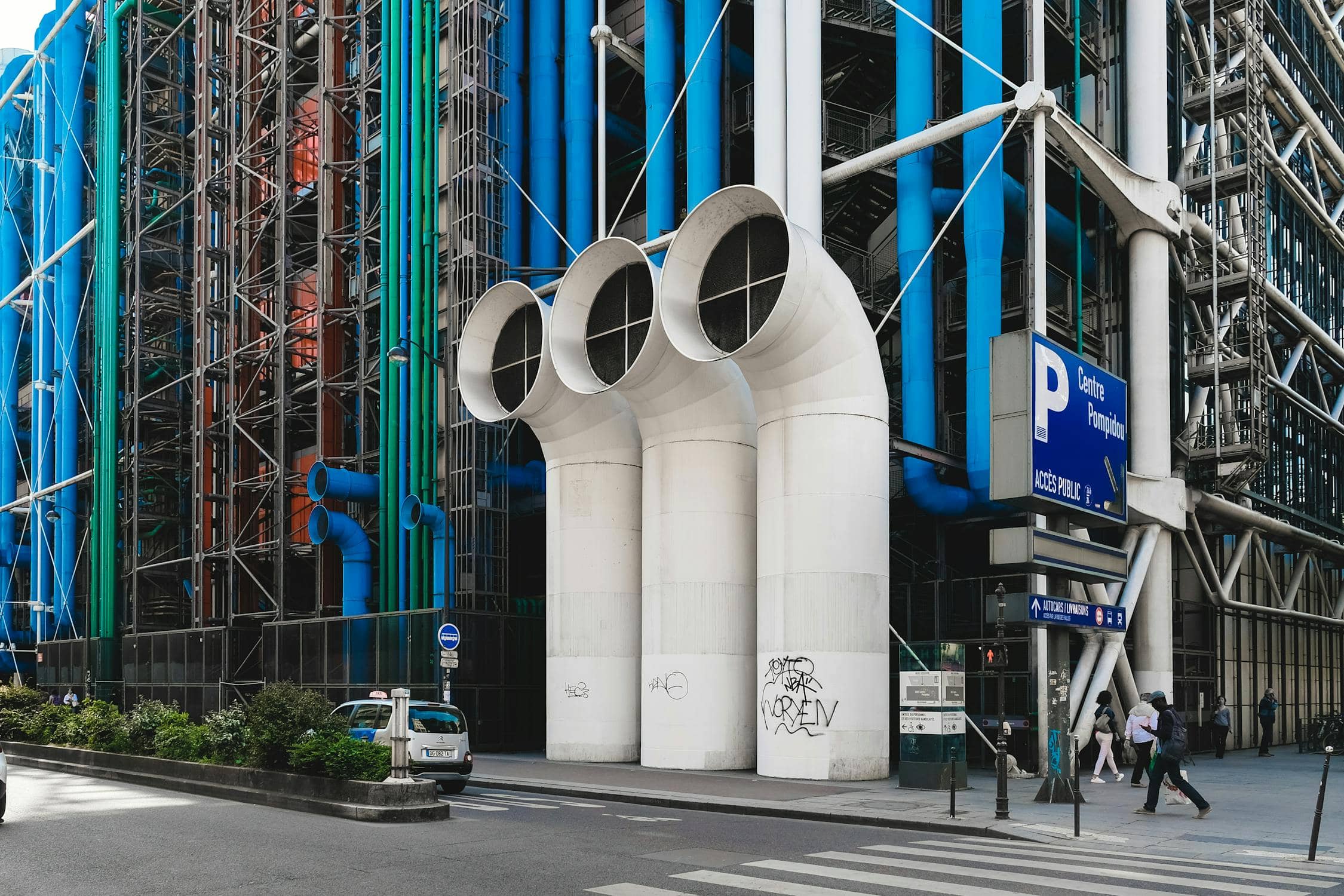The 4 Types of PVC Pipes — Differences and Preferred Uses

Be it a remodeling, construction, or even a simple plumbing fix, you need to take the time and effort to think about the most suitable plastic pipe when planning a project. After all, these supplies come in several different materials, each with its advantages and uses.
Besides the choice between high-density polyethylene (HDPE) and polyvinyl chloride (PVC), there are finer details you need to consider. With the latter, you also have to decide the type of PVC material to use, on top of other factors like size and schedule.
Feeling overwhelmed with all the options? Don’t fret; we’re here to help you make the right choice.
Using our years of experience in the pipe manufacturing industry, we’ve created a quick and easy guide that covers the different types of PVC pipes, their key differences, and ideal uses to help you identify the best one for your needs.
1. C-PVC or PVC-C
Chlorinated PVC, sometimes known as C-PVC or PVC-C, is a highly durable and impact- and corrosion-resistant material. It is also more ductile (compared to PVC-U) and 100% recyclable.
This PVC pipe material has long been used for fire sprinkler systems. However, it is also a great choice for transporting drinking water since CPVC pipes and fittings have a higher chlorine content, enabling them to withstand a wide range of temperatures.
Application:
- Potable water distribution (hot and cold)
- Fire sprinkler systems
- Industrial piping applications
2. PVC-U
PVC-U shares several advantages with PVC-C, particularly in terms of corrosion and impact resistance. They are also both suitable for potable water distribution and industrial applications.
Sometimes known as uPVC pipes, these are made of unplasticized PVC (i.e., no plasticizer was added to the compound), which makes them more rigid than other types of pipes. Despite this, they remain lightweight and easy to handle.
In terms of cost, PVC-U is a cost-effective choice because of its affordability. It has a high level of technical performance and is quite durable, lasting at least 100 years when used for underground piping. It also has excellent acid, alkali, and ultraviolet resistance and is 100% recyclable.
Application:
- Drinking water distribution
- Soil and waste application
- Sewage and underground drainage
- Chemical transport
- Industrial applications
3. PVC-O
Another type of PVC pipe is PVC-O or molecularly oriented PVC. This is a result of transforming the PVC-U’s amorphous structure into a layered one, further enhancing its corrosion resistance, recyclability, and cost efficiency.
Moreover, PVC-O preserves water quality and provides an unparalleled balance of stiffness, strength, and flexibility. This means they have better ductility, hydraulic capacity, and impact and fatigue resistance than most types of plastic pipes.Application:
- Underground non-potable water applications (e.g., irrigation and sewer pumping)
- High-pressure drinking water distribution systems
4. PVC-M or Modified PVC
Modified PVC or PVC-M is essentially a traditional PVC pipe with a few upgrades. It is a family of thermoplastic alloys that contains modifying agents compatible with PVC to improve its toughness, ductility, crack growth resistance, and impact properties.
These enhanced PVC pipes can also be made with thinner walls to increase material cost savings and boost their hydraulic properties. Such enhancements make these pipes and fittings more resistant to external blows and gas constituents.
Application:
- Natural gas supplying
- Industrial processes
- Irrigation and watering systems
- Sewage and waste management systems
FAQs on the Different Types of PVC Pipes
Here are the answers to your most important questions about the different types of PVC pipes:
What type of PVC pipe is best?
There’s no one-size-fits-all option when it comes to PVC pipes because the best one is the most suitable pipe for your specific needs. Below are some sample scenarios to help guide your decision-making process:
Let’s say you want to build a durable residential plumbing system that can handle both hot and cold potable water. In this case, you need PVC fittings and accessories that can last long and are capable of handling temperature variations. For this, you can choose PVC-C since it can withstand a wide range of temperatures and is safe for drinking water distribution.
Alternatively, an underground drainage system for a commercial building may require a cost-effective and durable solution resistant to corrosion and UV exposure. For this, PVC-U is the best option since it is affordable, has a long lifespan, and is highly resistant to chemicals (e.g., alkali and acids).
What type of PVC is used for drains?
Use PVC-U when replacing or fixing your drainage pipe. As illustrated in the sample scenario above, this type of pipe is the best choice for underground applications because of its durability, longevity, and high chemical resistance.
Want to learn more? Read our blog post on the different types of drainage pipes for further details.
What type of PVC is used for water lines?
Water lines can be potable and non-potable. It also depends on whether the water being transported has varied temperatures (hot and/or cold).
C-PVC, PVC-U, and PVC-O are all good at handling potable water, while PVC-O and PVC-M are recommended for non-potable water applications. Just remember to check the temperature requirements, cost considerations, and pressure levels of the specific pipe application.
The Best PVC Pipe for Every Project
Deciding on what PVC pipe to use is crucial to the success of any project. Each type offers unique properties tailored to specific applications, so you must consider not only durability but also factors like cost-efficiency, flexibility, and chemical resistance, among others.
Need professional guidance?
Contact us at Polyfab and get expert services from the most trusted plastic pipe manufacturer in the UAE.
We're here to help
Let our specialists help you find the right piping products for your needs. Get access to expert services and top-of-the-line supplies for quality, on-time, professionally delivered projects. Get in touch with the Polyfab team today.
